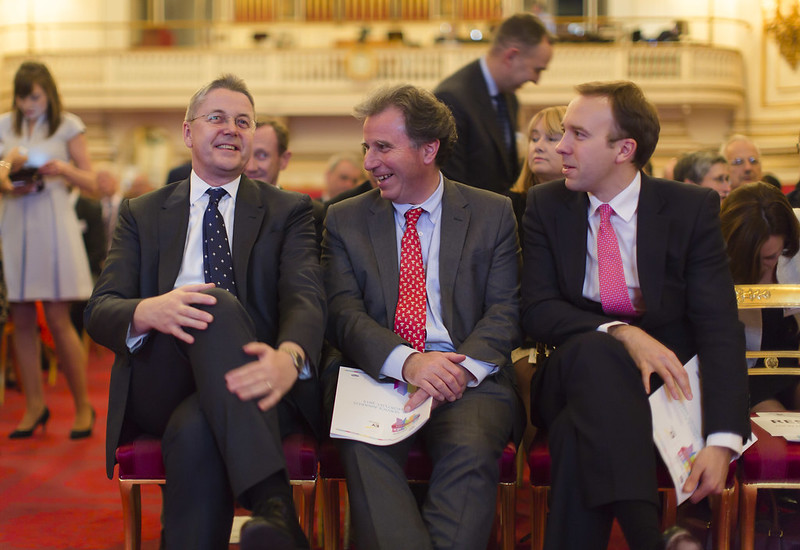19 October 2019 | UK NEWS
The Government has pulled its widely-anticipated Meaningful Vote on Prime Minister Boris Johnson’s new Brexit deal, which was signed off by European Council leaders on Thursday, following an amendment put down by Sir Oliver Letwin which passed by 322 votes to 306.
Sir Oliver, an independent and former Conservative MP whose whip was withdrawn after he voted for the Benn Act, tabled an amendment which read that “this House has considered the matter but withholds approval unless and until implementing legislation is passed”. Sir Oliver has stated that his intended purpose was not to frustrate Brexit, but instead to serve as an ‘insurance policy’ in case Mr Johnson’s deal was approved, but the legislation required to implement it had not yet passed through Parliament by 31 October.
Detractors, however, claimed that its true purpose was to force the Prime Minister, under section 1 of the Benn Act, to now write to the European Council requesting a Brexit extension until 31 January – something which Sir Oliver has emphatically denied. By law, Mr Johnson must now send a letter in the form set out in the Schedule to the Act by 11pm tonight.
However, the Prime Minister responded to calls for him to do so following the vote on the Letwin amendment by saying he would not “negotiate an extension” with the EU, and that indeed the law of the land did not “compel [him] to”. The precise nature of his phrasing has prompted renewed speculation as to how the Government may attempt to avoid an extension without circumventing the law, with sources remaining tight-lipped as to any methodology that may be deployed. We at Wolves did carry out our own analysis of some possibilities here, but it has not yet been published owing to its clear sensitivity.
It is worth noting that, in fact, Sir Oliver’s amendment had the effect of making it essentially impossible for Mr Johnson to fulfil the criteria set out in the Benn Act by the deadline that it sets (of today). It should further be noted that the date given was always set to be the day immediately following the European Council summit, and on a Saturday, which itself also made it impossible or extremely unlikely for the Prime Minister to be able to comply with the conditions in the Act, in order to avoid sending an extension letter.
We at Wolves take note of the above points without further comment.
In response to the amendment’s passing, the Government did not table its actual Meaningful Vote today, but has instead said it will bring the Withdrawal Agreement Bill – a key piece of the legislation Sir Oliver claimed to be concerned about – as early as possible on Monday. It is also drawing up plans for seven-day, late-night sittings of Parliament in order to get the necessary Brexit legislation through both Houses as quickly as it can. It is further anticipated that a vote on the WAB may itself be seen as a de facto Meaningful Vote on the Prime Minister’s new deal.
It was also reported on Twitter that a “Number 10 source” had disclosed to the Sunday Times that, if Sir Oliver’s amendment passed, the Government and Cabinet Office would “step up No Deal preparations immediately as the risks will have increased substantially”. At the time of writing, we cannot corroborate whether this is indeed the Government’s intent.
Elsewhere in Westminster today, a large People’s Vote march – which its organisers claim was attended by around a million people – took to the streets, with guest speakers including Caroline Lucas (Green) following the parliamentary vote. Some footage from sources on the ground can be seen below.

























